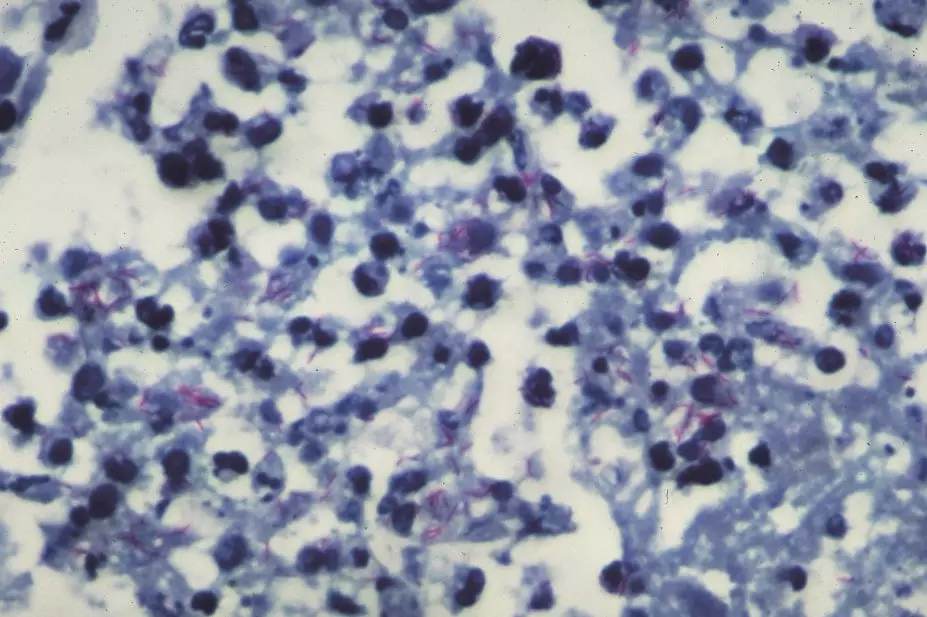
Yale Rosen / Wikimedia Commons
Standard therapy for tuberculosis (TB) takes 6–9 months to work in patients with drug-sensitive strains and 18–24 months in drug-resistant disease. A shorter drug regimen is now on the horizon, involving moxifloxacin, pretomanid and pyrazinamide.
This three-drug combination was evaluated in a phase IIb trial involving 207 patients, published in The Lancet
[1]
(online, 17 March 2015). It demonstrated good bactericidal activity with just eight weeks of treatment.
The regimen, known as PaMZ, was safe and well tolerated and was equally effective against drug-sensitive and multidrug-resistant TB. Impressively, treatment was associated with a doubling in cure rates compared with standard therapy (as indicated by negative sputum cultures at eight weeks).
PaMZ will now be evaluated in a phase III clinical programme, STAND, funded by the Global Alliance for TB Drug Development.
References
[1] Dawson R, Diacon AH, Everitt D et al. Efficiency and safety of the combination of moxifloxacin, pretomanid (PA-824), and pyrazinamide during the first 8 weeks of antituberculosis treatment: a phase 2b, open-label, partly randomised trial in patients with drug-susceptible or drug-resistant pulmonary tuberculosis. The Lancet 2015. doi:10.1016/S0140-6736(14)62002-X.
You may also be interested in
Zoe Benbow (1959–2025)
Peter Cope (1945–2026)
